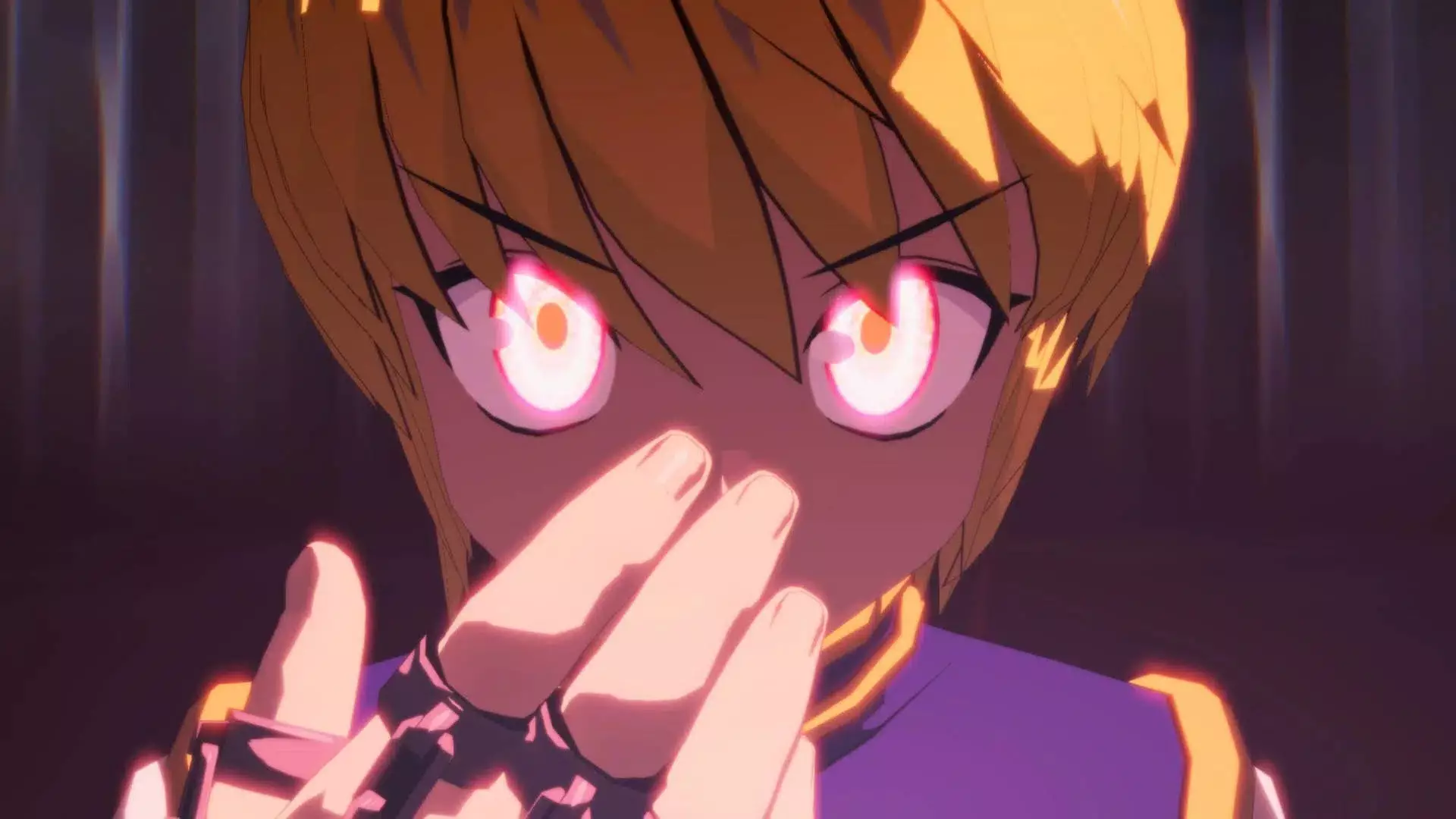Hunter x Hunter: Nen x Impact surfaces as a compelling yet imperfect addition to the fighting game genre on Nintendo Switch. Developed by the experienced team at Bushiroad Games and Eighting—known for their robust fighting games such as Naruto: Clash of the Ninja—the title ambitiously attempts to translate the complex universe of Yoshihiro Togashi’s manga into visceral 3v3 tag-team battles. While the game’s mechanics show promise, especially for fans of the series, its execution reveals a rawness that confers both strengths and notable shortcomings.
The core gameplay emphasizes a strategic 3-on-3 combat system, which is a refreshing shift from traditional one-on-one fighters. The tag mechanics — calling allies for assistance or swapping characters mid-fight — inject a layer of depth that could elevate gameplay beyond mere button-mashing. However, the game’s visual presentation feels somewhat dated, lacking the polish of more competitive titles. Despite this, the mechanics themselves hint at a potential for engaging, skill-based combat that rewards tactical thinking. This focus on core mechanics over shinier graphics underscores Eighting’s traditional strength: creating fighters that concentrate heavily on gameplay integrity over superficial aesthetics.
Context and Legacy: The Weight of Hunter x Hunter’s Universe
Hunter x Hunter boasts a dedicated global following that values the rich storytelling and complex characters rather than high-fidelity visuals. The franchise’s core strength is its narrative depth, rather than its visual flashiness, making its adaptation into a fighting game a bold move. The manga’s longevity, dating back to its debut in 1998, and its nostalgic resonance with longtime fans, mean that the game’s success hinges not on looking pretty but on capturing the spirit of the series’ intense battles and character dynamics.
From a critical standpoint, the game takes on the challenge of balancing fan service with gameplay innovation. The inclusion of iconic characters like Hisoka and Kurapika in the limited edition’s costume packs demonstrates an understanding of what the audience craves. They want to see their favorites in action, not just in cutscenes or artwork but woven into the fabric of gameplay itself. However, whether the title manages to transcend its source material and stand alone as a competitive fighter remains to be seen. Its potential lies in mechanics more than aesthetics—a gamble that, if tapped into, could yield a uniquely engaging experience.
Market and Cultural Considerations: The Risks and Rewards
The release of Hunter x Hunter: Nen x Impact comes with its share of logistical and cultural hurdles. Initially delayed for improvements like rollback net code—a feature pivotal for smooth online multiplayer—the game’s development reflects a cautious approach to satisfying a competitive community increasingly demanding in-game stability. This delay, while frustrating to fans eager for instant action, suggests the developers prioritize delivering a polished experience, albeit later than expected.
Moreover, the game encountered controversy in Australia, where it was banned due to material deemed inappropriate. Such regulatory challenges highlight how mature themes in the original manga can complicate adaptation efforts, especially in markets with strict content guidelines. These hurdles, however, underscore the importance of understanding and respecting cultural contexts—an aspect that could influence the game’s reception worldwide.
The pricing strategy, offering both digital and deluxe physical editions, demonstrates a focus on catering to different collector and fan segments. The limited edition, packed with extras like an artbook and exclusive costumes, aims to entice dedicated followers willing to invest in a more comprehensive experience. For a game that does not prioritize cutting-edge graphics, value pivots heavily on gameplay depth and fan service—a risky but potentially rewarding approach.
Is the Risk Worth Taking?
Ultimately, Hunter x Hunter: Nen x Impact presents a fascinating case study in fan-driven game design. Its mechanics, rooted in solid fighting principles, hold promise for those craving authentic 3v3 tag-team battles based on beloved characters. Yet, the visual shortcomings and some of the rough edges in presentation may deter casual players or those expecting a “console-quality” fighter.
Nevertheless, the title’s true strength lies in its dedication to delivering authentic gameplay that resonates with existing fans. For enthusiasts of Togashi’s universe, this game offers a chance to step directly into the universe, experiencing their favorite characters in a new and interactive way. To others, it serves as a reminder that sometimes, gameplay substance can outshine superficial gloss—if the mechanics are engaging enough.
While Hunter x Hunter: Nen x Impact may not revolutionize the fighting game landscape, its bold attempt to combine a rich narrative universe with a strategic fighting experience demonstrates that quality can sometimes emerge from the most unassuming packages. Whether it will carve out a lasting niche or fade into obscurity depends on ongoing updates, community engagement, and how well it balances its fan service with genuine competitive appeal.

